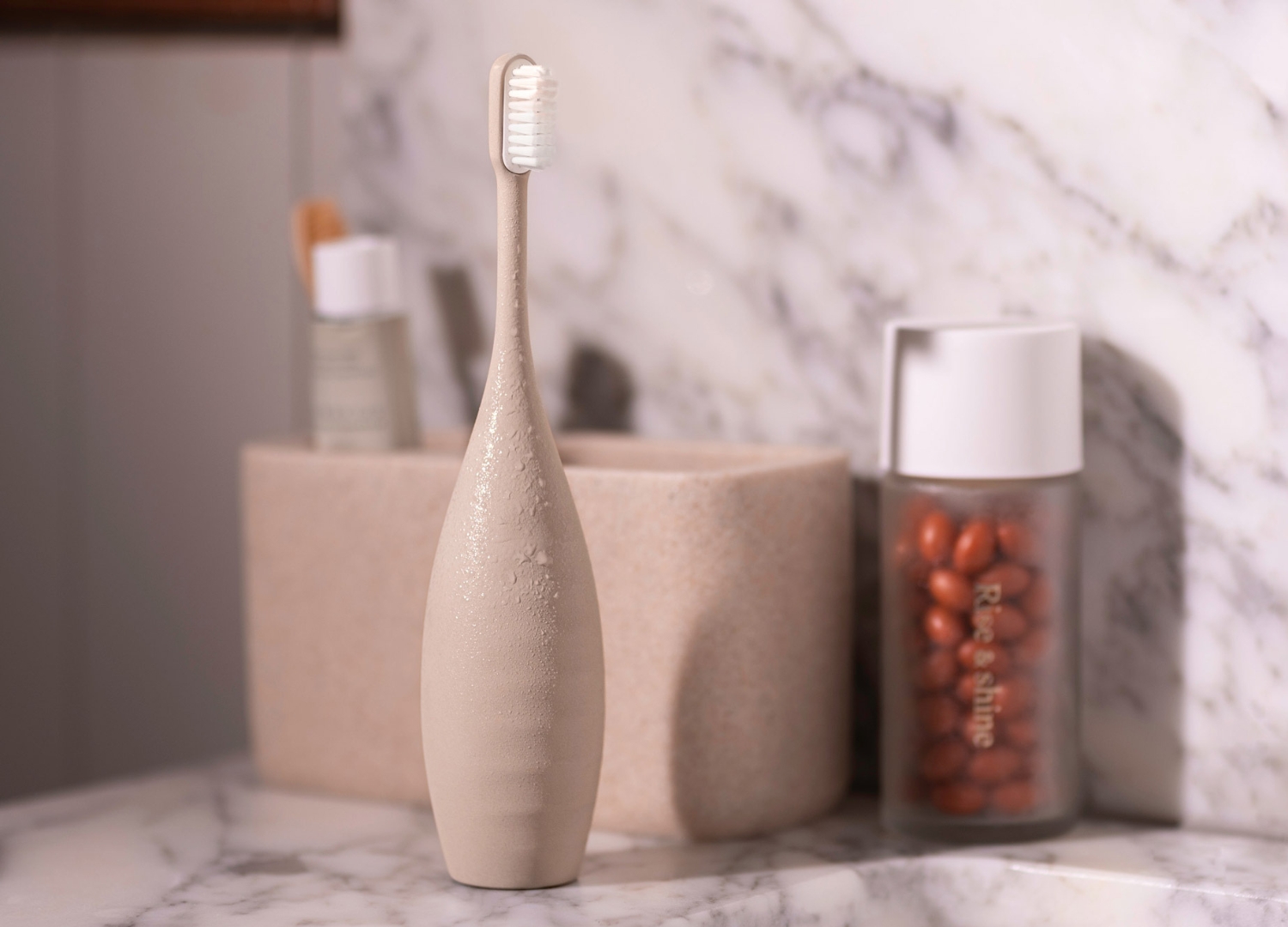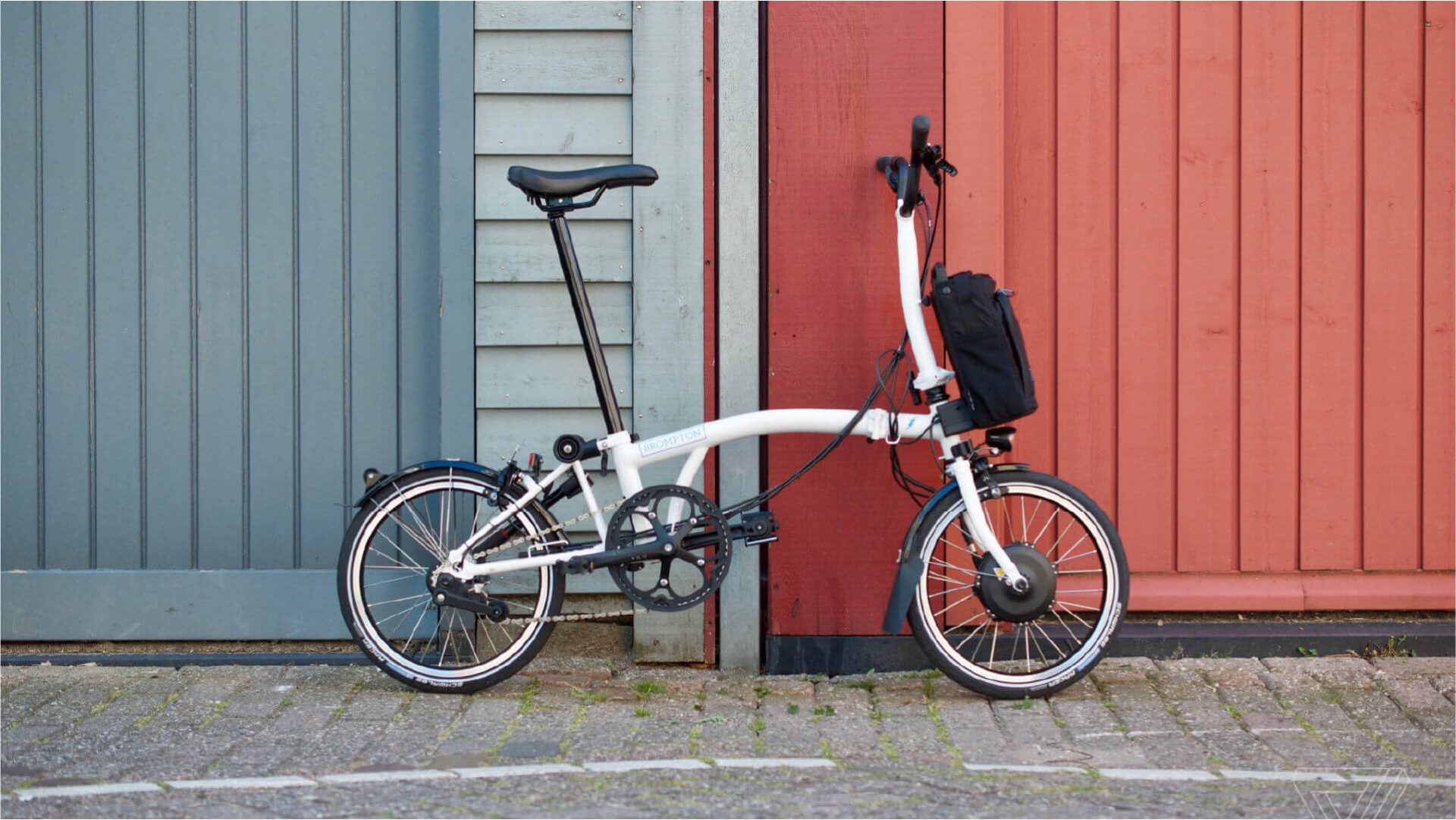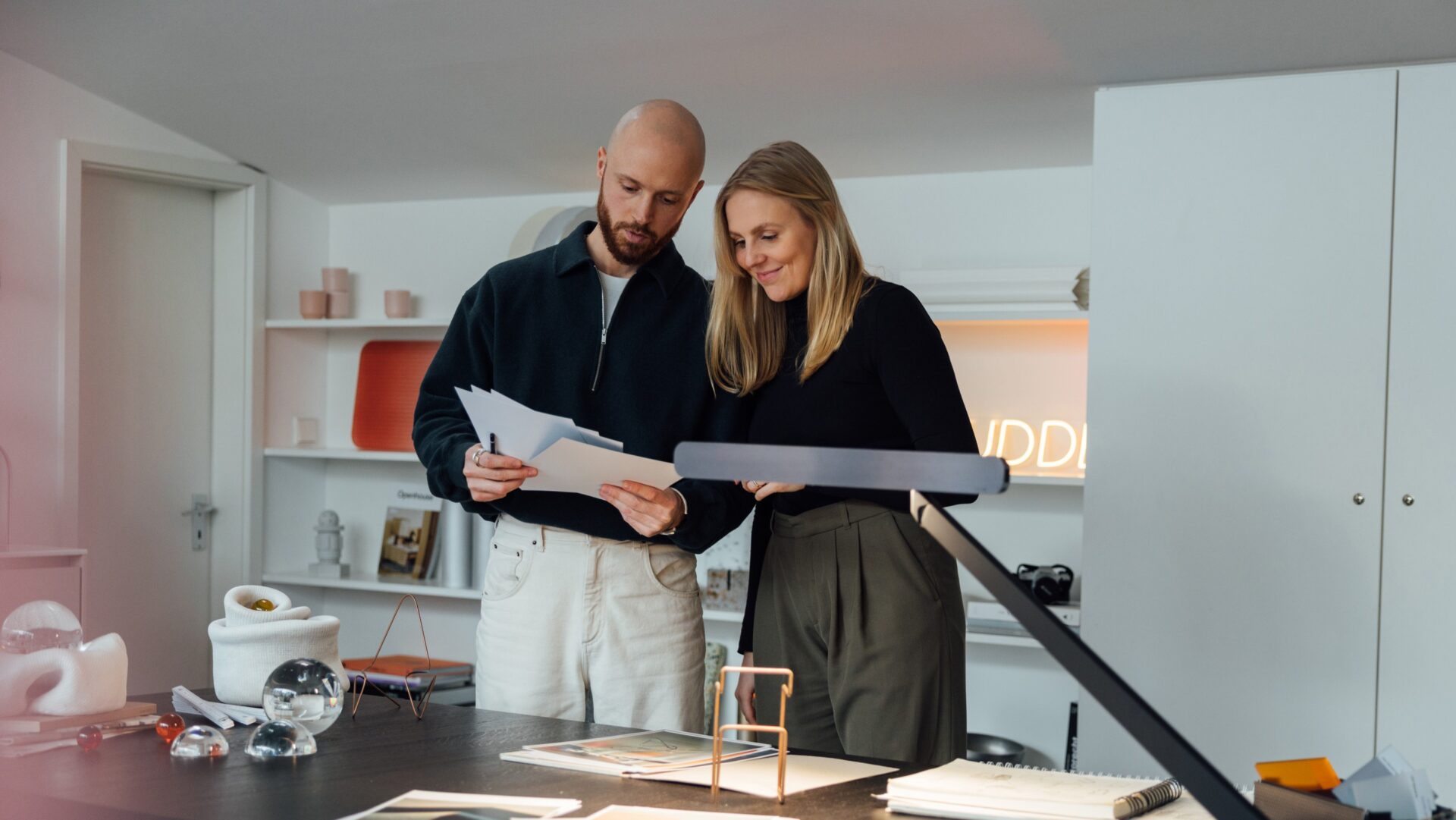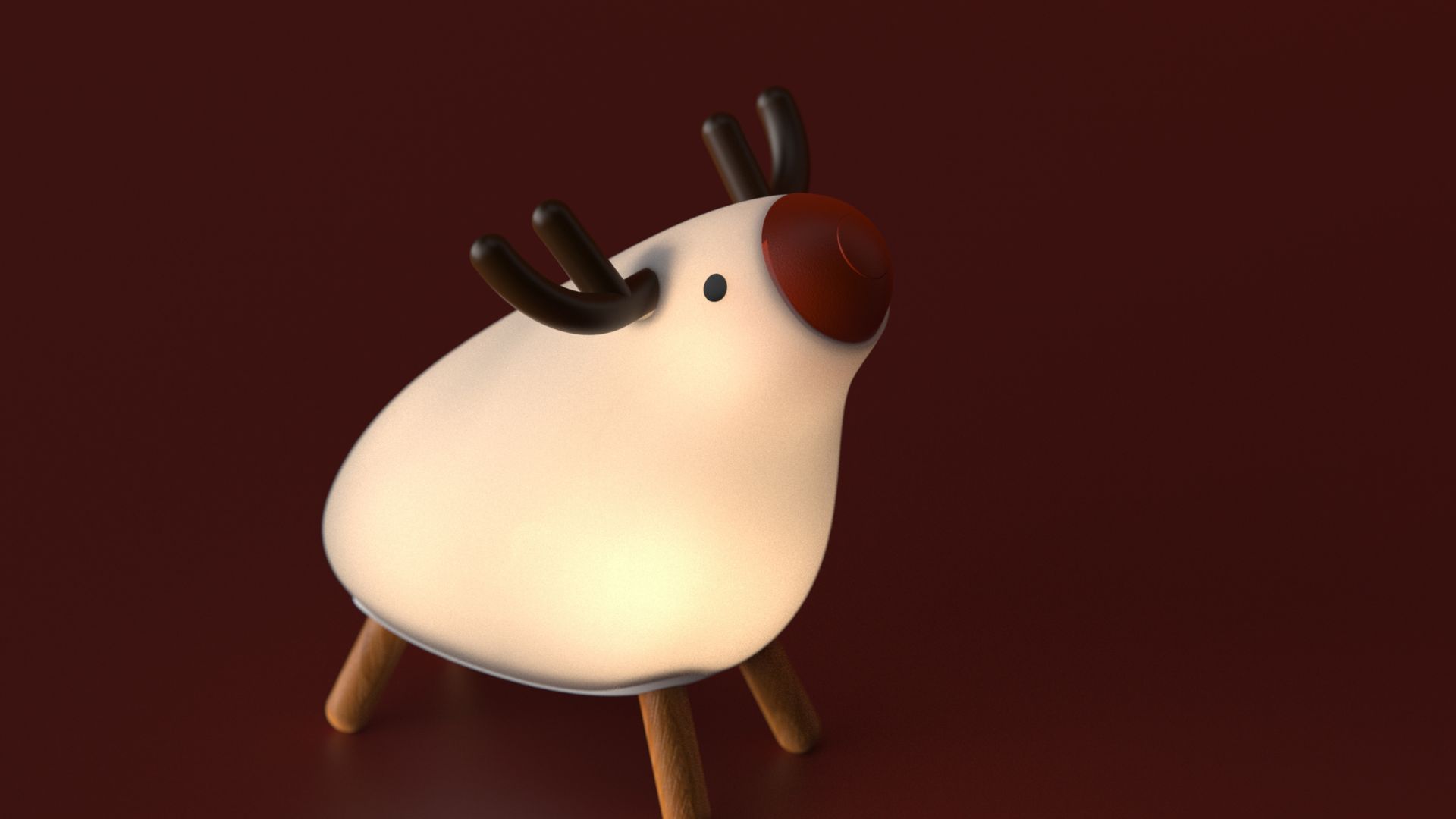3D-printed adaptive add-ons making oral care accessible for all
It’s time to stop brushing off the problem and these add-ons by Landor & Fitch can be applied to any toothbrush to help people with limited dexterity brush their teeth with comfort and ease

Committed to making oral care accessible for all through a #OneSizeFitsOne approach, brand consultancy Landor & Fitch presents Accessories – a range of adaptive toothbrush add-ons for people with dexterity challenges featuring more than 142 different handle designs that can be customized to meet every need.

We spend 113,760 minutes of our lives brushing our teeth and there are approximately 360 million people living with dexterity challenges across the globe. Did you know that?
For those whose ability to hold and maneuver a toothbrush has been impacted are often having to resort to household hacks – “whilst researching accessible design we came across users hacking toothbrushes in functional but extremely uncomfortable ways.
This was by attaching toothbrushes to hands via elastic bands, utilizing dog toys, lollipop sticks and wet cloths so after seeing this, we realized there was a real problem that we as a creative team thought we could solve!” shares Jack Holloway, Landor & Fitch Industrial Design Lead.

Created and 3D-printed for each and every consumer based on an online questionnaire – from chunky grips to those that bulge outwards and grips textured with grids, ridges or spines are at the center of the Accessories handles.
These innovative add-ons attach to the handle of regular or electric toothbrushes to form a larger grip, designed to be not just accessible but desirable.
The combination of form, texture and color additionally effortlessly gives the objects a decorative sculptural appearance.

At first, to develop the product, Landor & Fitch brought together a group of people with dexterity challenges resulting from conditions such as arthritis, carpal tunnel and essential tremors.
They invited them to participate in co-designing the product in a series of hands-on workshops where one could mold shapes, test prototypes and share their experiences.
Participants were involved in the full process and came back to test final prototypes and give feedback as well as further tested the user experience design of the digital platform.

On the website – prospective customers are led step-by-step through a survey that guides them to the best-suited Accessories handle design for them.
The quiz begins with questions about the user’s condition and the type of toothbrush they utilize before asking them what shapes are most comfortable to grip, using household objects as a reference – this includes “straight like a can”, “semispheric like a bar of soap” or “rounded like a tennis ball”.
“We always knew we would need to develop a digital platform to help with both the discovery of shape and grip and the purchase – however, what the makers labs unlocked was the insight into how users could best discover their perfect shape.
On the platform we use everyday objects as part of the diagnosis for users to find their grip and this feature was the answer to one of our biggest challenges – guiding users to the correct shape when they themselves were unsure on what shape would fit them best!” adds Emily Price, Landor & Fitch Brand Action and Innovation Director.

This survey then drills down into what texture helps the customer to grab things better and allows them to pick a color for their add-on from white to beige, gray or rust orange.
The finalized design – one of 142 possible permutations – is then manufactured sustainably through 3D printing which allows the production to be low-cost and hyper-personalized.
With it being time for designers to include people with disabilities – “we cannot continue to unintentionally exclude people living on this planet who are experiencing some form of disability!” concludes Luc Speisser, Landor & Fitch Global Chief Innovation Officer.















